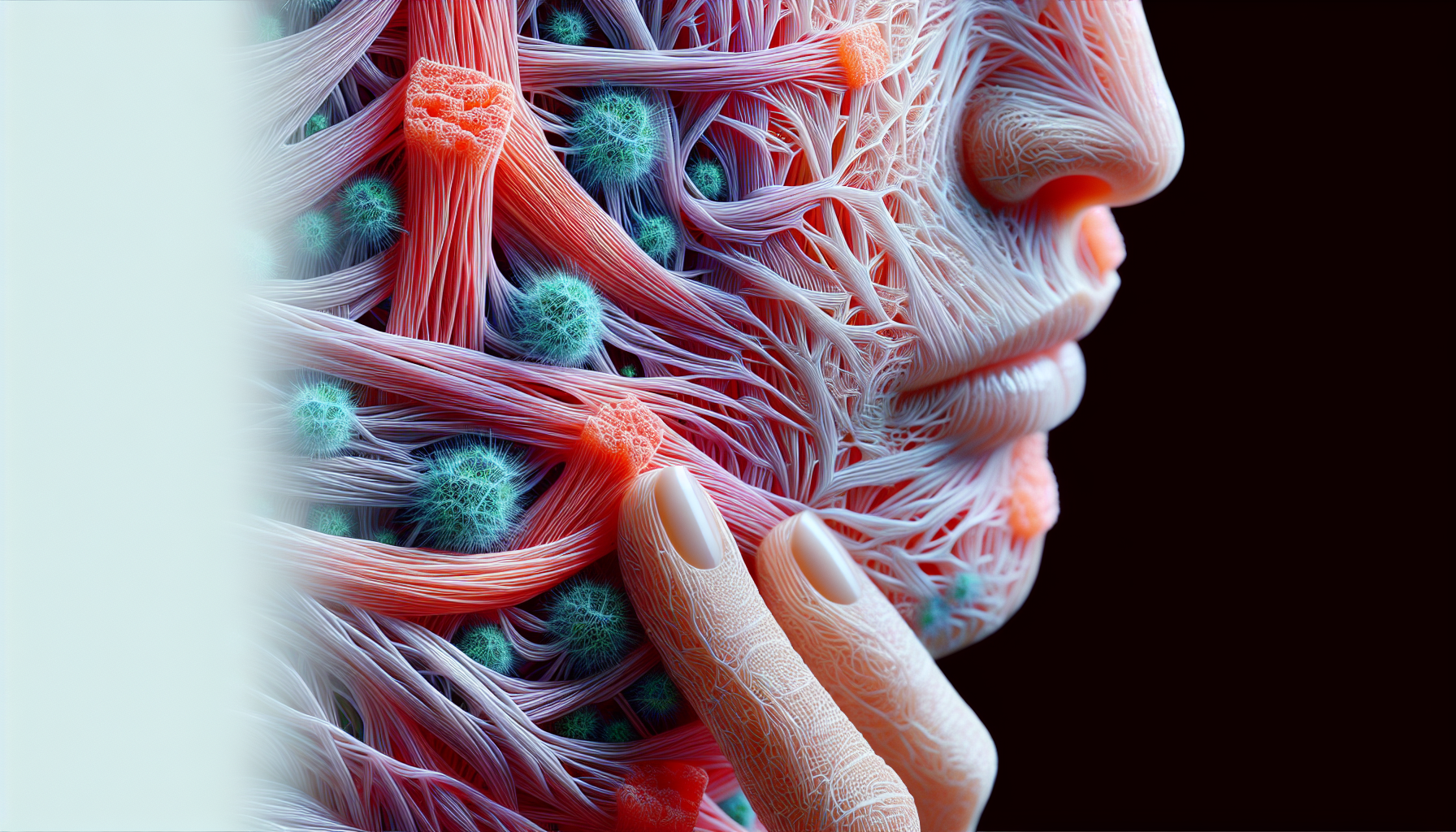As time goes by, one of the most noticeable changes to our body is the loss of skin elasticity. Skin that once bounced back easily now takes a bit longer to return to its original state. It’s a natural part of aging, but that doesn’t mean we’re powerless against it. Understanding how to maintain and improve skin elasticity can lead to healthier, more youthful-looking skin, even as we age. This comprehensive guide will explore the factors affecting skin elasticity and provide actionable steps to enhance it.
Understanding Skin Elasticity
Elasticity refers to the skin’s ability to stretch and return to its original shape. This ability is thanks to two vital proteins: collagen and elastin. Collagen provides firmness and strength, while elastin allows the skin to be flexible. Over time, the production of these proteins slows down, resulting in the skin losing its elastic quality.
Several factors contribute to this decline in skin elasticity, including genetic predisposition, environmental influences, lifestyle choices, and natural hormonal changes. Exposure to UV radiation, pollution, and smoking can accelerate the degradation of collagen and elastin. Moreover, diets high in sugar and refined carbohydrates can lead to advanced glycation end products, which can further damage these essential proteins.
Strategies to Improve Skin Elasticity
Hydration and Nutrition
Proper hydration is critical for maintaining skin elasticity. Drinking ample water ensures that the skin remains hydrated from the inside out. Additionally, a diet rich in antioxidants can help protect the skin from damage. Foods high in vitamin C, such as citrus fruits and leafy greens, are essential for collagen synthesis. Omega-3 fatty acids, found in fish and flaxseeds, are also beneficial for skin health.
For more detailed dietary guidelines that support skin health, consider reading about the link between gut health and skin appearance.
Skincare Routine
A daily skincare routine tailored to your skin type can work wonders for your skin’s elasticity. It should include cleansing, moisturizing, and the application of sunscreen to protect against UV damage.
To dive deeper into creating an effective skincare routine, explore the best practices for daily skin care routines.
Exercise
Regular physical activity improves circulation, which in turn can boost the health and appearance of your skin by delivering more oxygen and nutrients to skin cells. Exercises that increase flexibility, such as yoga or Pilates, can also support skin elasticity.
For more information on how fitness impacts your skin and overall health, visit Avix Health’s fitness section.
Skin Treatments
Professional treatments like microdermabrasion, chemical peels, and laser therapy can stimulate collagen production. These should be performed by a licensed dermatologist to ensure safety and effectiveness.
Additionally, incorporating facial massages into your routine can improve circulation and support skin elasticity. Learn more about this by reading about the benefits of facial massages for skin health.
Avoid Harmful Habits
Smoking and excessive alcohol consumption can have detrimental effects on your skin’s elasticity. Quitting smoking and reducing alcohol intake can prevent further damage to your skin.
Sun Protection
Protecting your skin from the sun is crucial. Wear broad-spectrum sunscreen with an SPF of at least 30, seek shade during peak sun hours, and wear protective clothing and hats.
Advanced Care for Aging Skin
Medications and Supplements
Certain medications and supplements can aid in skin health. Retinoids, for example, are known to promote collagen production. Hyaluronic acid and ceramides can improve skin hydration, which is vital for maintaining elasticity.
To understand how medications and supplements can enhance skin health, check out Avix Health’s detailed guide.
Innovative Technologies
Emerging technologies in skincare, such as radiofrequency and ultrasound therapy, have shown promise in improving skin elasticity by targeting deeper layers of the skin to stimulate collagen production.
For insights into the latest advancements, review the article on innovative skin care technologies and their benefits.
Hormone Replacement Therapy
For some, hormone replacement therapy (HRT) can improve skin condition by replenishing hormones that support skin health, such as estrogen. This should be discussed with a healthcare provider to weigh the benefits against potential risks.
External Resources for Skin Health
- The American Academy of Dermatology provides extensive resources on skin care and treatments.
- The Skin Cancer Foundation offers guidance on protecting skin from UV radiation.
- Research on the effects of diet on skin elasticity can be found through the National Institutes of Health.
Conclusion
Improving and maintaining skin elasticity as you age is a multifaceted approach involving a combination of proper nutrition, skincare, exercise, and lifestyle modifications. By being proactive and incorporating these strategies into your daily life, you can support your skin’s health and retain its youthful resilience for years to come.
Remember, the journey to better skin is a gradual one. It’s about consistent care, informed choices, and sometimes, professional advice. Start with small changes and build your way up to a comprehensive skin care routine that works for your unique needs. Your skin is a reflection of your overall well-being, so take care of it, and it will certainly take care of you.



